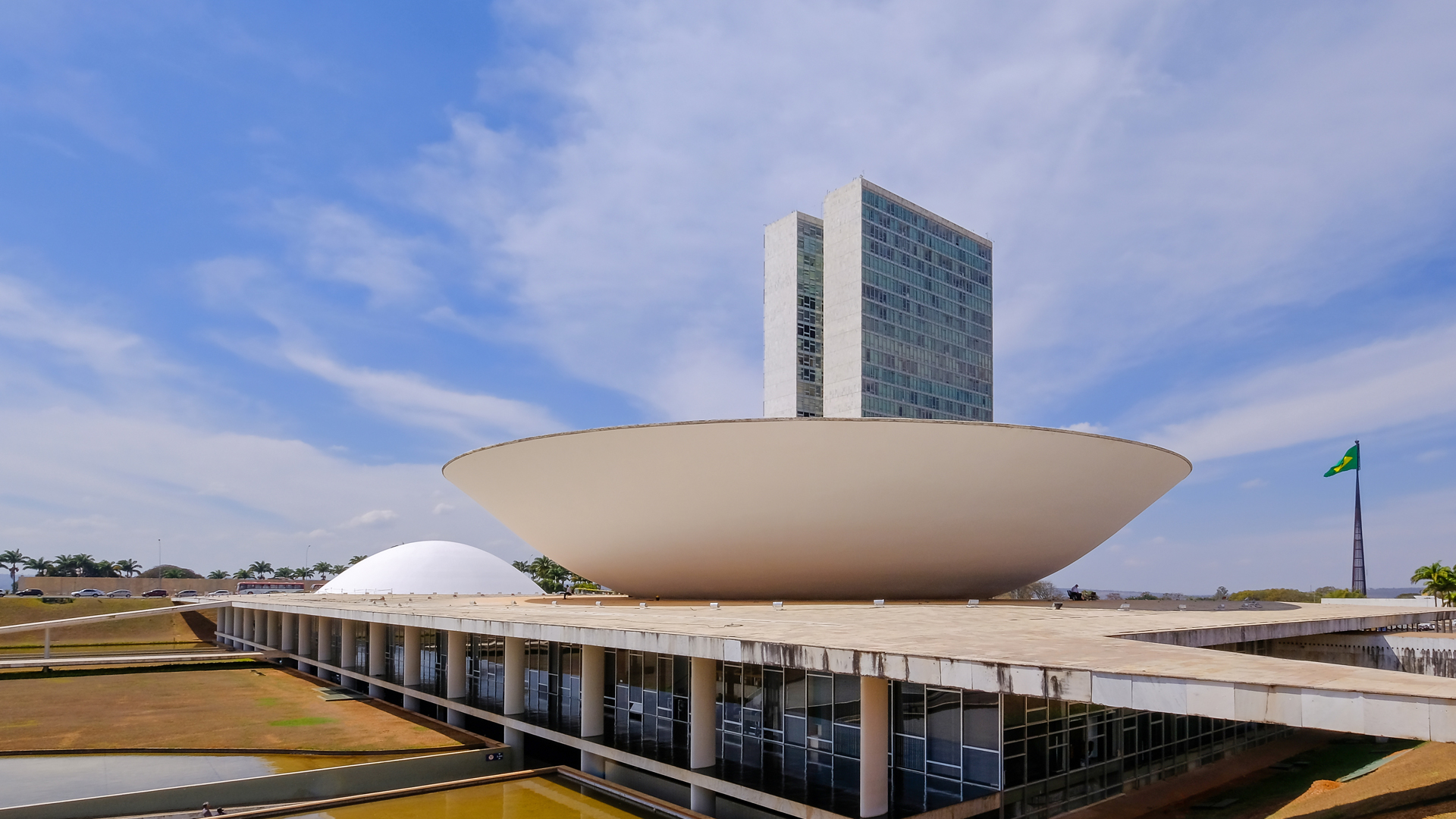US Brazil Commercial Dialogue Joint Statement May 2010
The U.S.-Brazil Commercial Dialogue Joint Statement, Brasilia, Brazil May 4, 2010.
Francisco Sanchez, Under Secretary of the International Trade Administration, U.S. Department of Commerce and Welber Barral, Secretary of Foreign Trade, Ministry of Development, Industry and Foreign Trade, are pleased to release the following Joint Statement, which outlines the overall results of the May 3-4, 2010, meeting of the U.S.-Brazil Commercial Dialogue in Brasilia Brazil.
Recognizing the important role that innovation plays in competitiveness and economic growth, we are pleased to announce an innovation-focused agenda to guide our future work together. Building on the strong and close commercial ties that Brazil and the United States enjoy, and desiring to continue our cooperative efforts to promote an open and predictable environment for trade and investment, we are pleased to note the progress made under the U.S.-Brazil Commercial Dialogue since it last met in October 2008 and to announce plans for continuing engagement through the Dialogue.
Building on Dialogue Successes
We are pleased with the results we have seen from the increased cooperation generated under the dialogue including increased cooperation on customs facilitation, generating site visits in Brazil and the United States, seminars generated by the Venture Capital Task Force, increased cooperation between our standards and intellectual property agencies, and improved dialogue between our Trade Ministries. We commit to continue our cooperative work to improve overall economic and business relations between our two countries and to encourage the public and private sectors of our respective countries to increase and diversify the bilateral flows of goods and services. In doing so, we contribute to the freedom and peace and prosperity of the region and help raise the standards of living for our citizens.
Building upon the strong partnerships that have emerged, the Commercial Dialogue will look to the future with a focus on five core themes:
- Innovation and Green Technology
- Trade Facilitation / Business Development
- Intellectual Property Cooperation
- Standards and Metrology
- Services and SMEs
With these overarching themes as a guide, the working groups will build upon ongoing market opening and cooperation efforts with a view to deepening U.S.-Brazil trade and investment ties that foster innovation, economic growth and job creation.
The Innovation Initiative
An innovation-focus agenda will guide our future work together. The Working Groups will explore cooperation in the areas of technology transfer and innovation, services, sustainable supply chain and energy. We look forward to further engagement and ongoing consultations with leaders in the field of innovation, including the Council on Competitiveness and ABDI. Their work will serve as a resource and guiding force for our future work together.
As countries and businesses become more concerned about climate change, it is important that we work together to foster regulations, policies and programs that encourage the development and implementation of green technologies, while supporting our businesses that are developing these markets.
Trade Facilitation / Business Development
Recognizing the importance of secure and rapid movement of goods to a strong bilateral commercial relationship and to both countries’ competitiveness, the Dialogue will deepen its work on trade facilitation. In 2008 the United States and Brazil began working together on customs and regulatory coordination and held numerous exchanges and site visits. Expanding our efforts on trade facilitation, we will work through our trade ministries to improve communication and coordination among regulatory agencies, striving to ensure that the missions of the regulatory agencies to protect our consumers are fully implemented without creating unnecessary trade barriers and delays. We are pleased to announce an upcoming site visit focused on express delivery and customs facilitation to U.S. express hubs. We will also enhance our bilateral cooperation on trade and investment promotion and facilitate cooperation and an open dialogue with the business community in priority sectors.
Intellectual Property
Recognizing the long standing cooperation between INPI and USPTO, both agencies agreed up on a work plan comprised of exchange of information on patent & trademark statistics, examiners training, green patents and teleworking.
Standards and Metrology
Under the Dialogue, INMETRO and NIST have developed a very productive working relationship. Both agencies agreed to continue work the second generation of biofuels and technical barriers to trade and inquiry points. Additionally, they agreed to initiate joint efforts towards the areas of biology and health, smart grid, green building standards, and economic assessment studies.
Services and SMEs
Both sides considered cooperation with the view of exchanging best practices and facilitating business activities in the areas of franchising; services measurement statistics, engineering services and small and medium enterprises.
Looking to the Future
The United States and Brazil have a deep, multifaceted relationship. The U.S.-Brazil Commercial Dialogue is a dynamic mechanism through which the United States and Brazil will continue to work together to foster increased cooperation, promote mutual goals, and develop a framework to allow U.S. and Brazilian companies to continue to grow, to compete and to prosper. We applaud the work done by the Dialogue, commend the partnerships that have evolved between our ministries resulting in increased cooperation and freer flow of goods and services between our two countries. We are committed to working through the Commercial Dialogue and other fora to foster partnerships and dialogue that will not only improve the flow of goods and services between our countries, but support efforts to mitigate climate change and strengthen our economies to the benefit of all our people.
